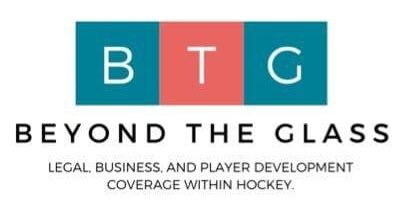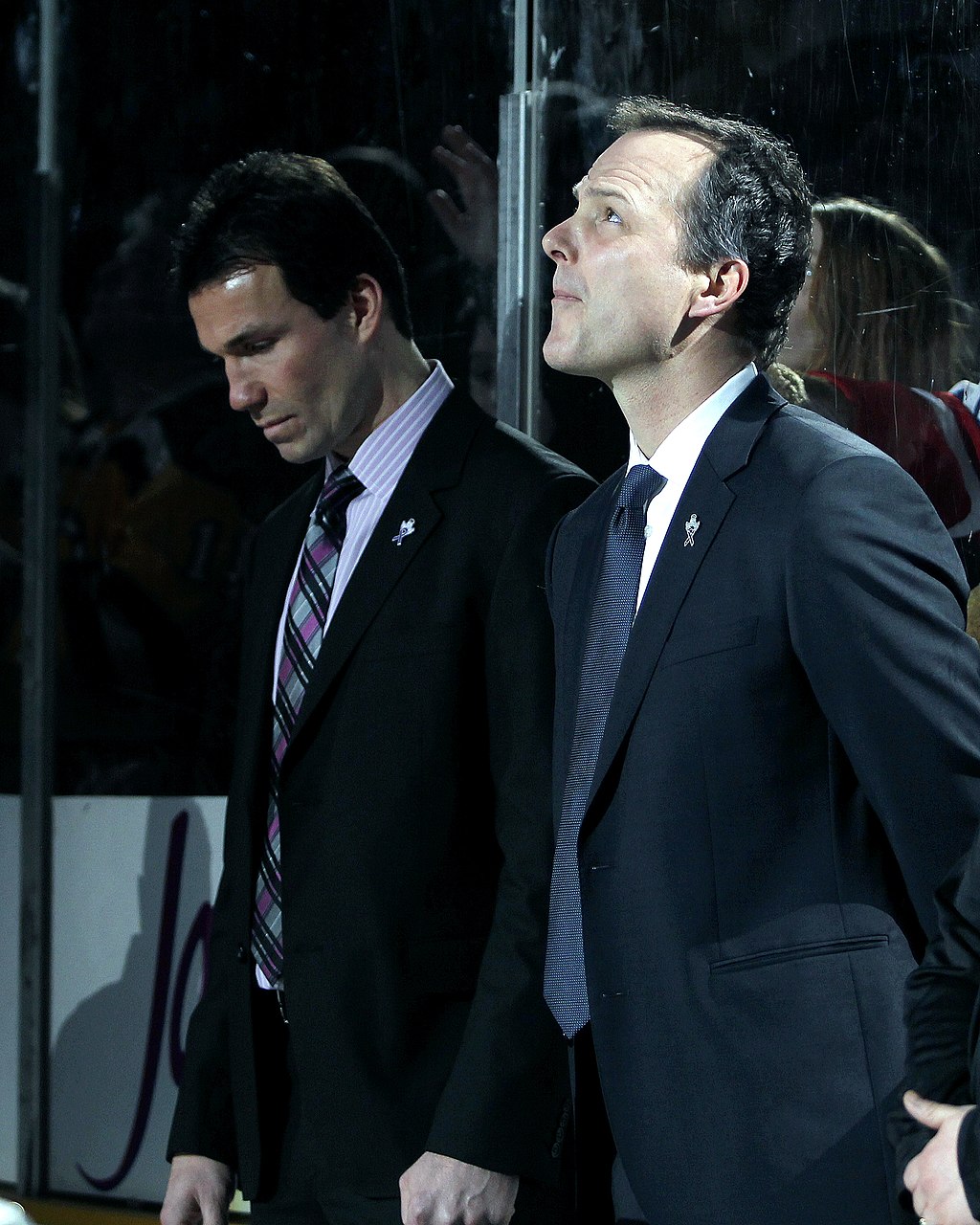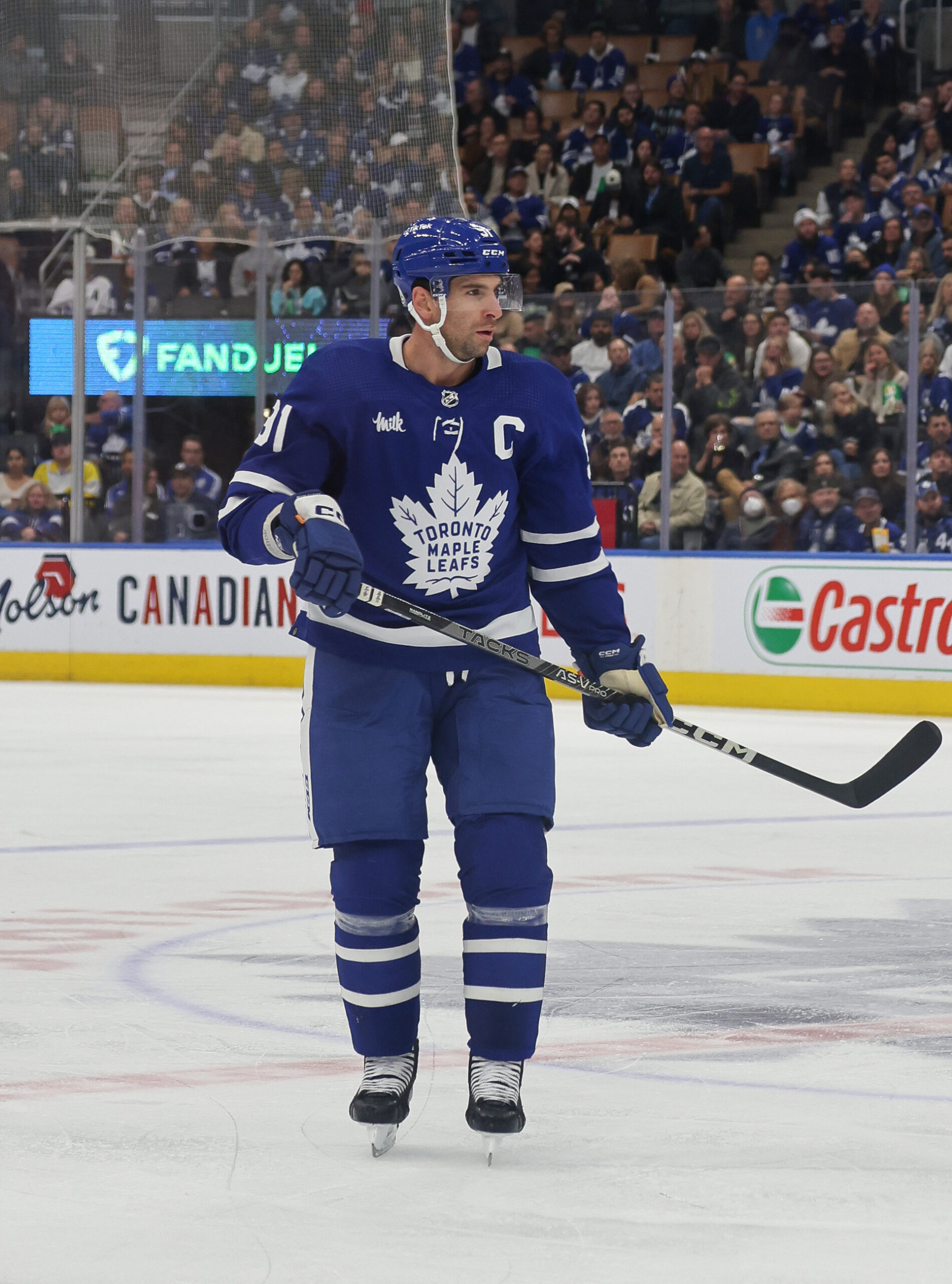As the playoff season rolls around and we turn our eyes towards which teams have the best chance to take home the coveted Stanley Cup, we thought it would be an interesting time to look at previous Stanley Cup winning coaches and examine if there are any common threads amongst these successful bench bosses. While there may be multiple commonalities amongst this cohort, one thread emerged that we chose to dive into a little deeper. This is the idea of what we called “unlikely teachers” coaching their teams to success.
Great NHL Coaches Not Necessarily Great Players
There is a common perception that those who DO something well, must also be able to teach it well. I.E. Wayne Gretzky and the like should make great teachers. They played the game at a high level, so they should be able to teach it too, right? Not so fast. Our idea of unlikely teachers seems to suggest that while great players can be great coaches, many times it is coaches with less playing success that do well. Going back the last ten years, there have been seven head coaches to win the Stanley Cup. Joel Quenneville, Mike Sullivan and Jon Cooper have each won two; while Darryl Sutter, Barry Trotz, Craig Berube and Jared Bednar have all won one. It is well-documented that Cooper never played hockey at the junior, collegiate or professional levels – but what about the others?
Playing Production to Coaching
Trotz and Bednar are in a similar class to Cooper, never playing at the NHL level. Trotz spent time in the WHL and Canadian University while Bednar enjoyed a long career in the ECHL, with around 75 GP at the AHL level. This is not to say that their careers as players are not respectable, just that they were never playing at the NHL level. Four of these coaches, Sutter, Sullivan, Quenneville and Berube, did play in the NHL. However, diving into their NHL careers shines an interesting light: they were not necessarily the top producers or best players on their teams. A quick breakdown:
- Darryl Sutter recorded 279 points in 406 GP as a forward.
- Mike Sullivan totaled 136 points in 709 GP as a forward.
- Joel Quenneville amassed 190 points in 803 GP as a Defenseman.
- Craig Berube registered 159 points in 1054 GP as a forward.
Again, just to reiterate, this is not to say that their careers were not successful or that they did not provide value to their teams. It is only to say that on a production basis, they were likely not the top producing players from year-to-year. It brings us back to the beginning and the idea of unlikely teachers. How is it that seemingly average NHL players, or players who don’t even make it to the NHL, are able to guide some of the best players in the world through coaching and achieve the pinnacle trophy in their sport?
Unlikely Teachers
Here we bring in an idea from Jo Owen’s book, How to Lead. Owen provides an example of a young cricket batter named David who was a promising prospect at a young age, but has been struggling as he’s gotten older. He has been receiving coaching from some of the best batters in England’s history, yet nothing has helped – in fact, he’s only gotten worse.
Along comes a man named Ed, a “useless” batter himself who has seen the struggles of David firsthand. He believes the reason David has struggled is because each successful batter David has worked with has not been teaching him, but merely telling David what they did that made them successful. Instead of looking at David and what his individual swing/stance needed, they imparted their own swing/stance on another person’s body. Ed, because he was no great batter, had no technical advice to offer. He believed that David should discover his own strengths and then they could build on those. He did not want to tell David what he believed his strengths to be, he wanted David to figure it out himself. Once he did, then they could begin the journey of coaching and teaching together.
Letting the Players Figure it Out
Could this be why some of these aforementioned coaches have been so successful leading some of the best talent in the world? Perhaps. Outside of the overall team game, it makes sense how these coaches are able to improve different areas of the player’s game. Without preconceived notions that other former players may have, they are able to take a more open-minded approach to improving individual aspects.
It could help explain how a coach like Jon Cooper has been able to improve the offensive production of some of the best hockey players in the world – Steven Stamkos and Victor Hedman. Both players have amassed higher point totals with Cooper as their coach than without him. Nikita Kucherov has blossomed into a superstar under Cooper’s tutelage.
Mike Sullivan, who totaled under 200 career points, has coached Sidney Crosby and Evgeni Malkin to back-to-back Stanley Cups where they both averaged around a point per game in the playoffs. Jared Bednar spent most of his playing career in the ECHL, yet he just led one of the best defenseman in recent history to a remarkable Cup run. Cale Makar totaled 29 pts in 20 playoff games, winning the Conn Smythe (playoff MVP) in the process. These are just simple examples of “unlikely teachers” being able to teach and coach some of the best talent in the world to more productive regular seasons and/or postseasons.
Learning While Playing, Coaching Unbiased
To say that these coaches teach at a higher level than they played at is an understatement. Finding ways to teach the best in the world, and achieve success in the regular and postseason is immensely difficult. The laundry list of coaches who have not been able to do this, regardless of playing experience, is infinitely longer. We believe there is something these coaches are doing that allows them to see the game from a different perspective, an outsider’s view of sorts, and extract the most from their players and teams. What that “something” is, is difficult to say.
One potential reason has to do with their learning capacity. It is likely that these coaches were constantly learning from others around them while playing, instead of others constantly learning from them. This could serve as an advantage once the player turns coach, allowing them to have an open mind and learn from others (both players and coaches) while coaching. Where others may want to impart their own game or playing style on the team they coach, these coaches are able to impartially observe and teach at the highest level without interference from their own past. While there are certainly other variables at play, this is an area that we believe plays a significant role.
Unlikely Coaches Transcends All Levels
As an additional anecdote, we can find a similar trend recently in NCAA coaching. Rand Pecknold, head coach of 2023 National Champs Quinnipiac University, played DIII NCAA hockey at Connecticut College. David Carle coached the 2022 National Champs Denver University. A rare heart condition cut his playing career short at 18.
Ultimately, it is not to say that this is a prerequisite for winning the Stanley Cup or achieving success in the NHL or other levels. Moreso a trend that we have noticed in the recent years, and a potential reasoning for that trend. It will be interesting to see if this trend continues in the coming years, with more Stanley Cup-winning coaches coming from similar playing backgrounds as the ones mentioned here.
Post image attribution: By TheAHL, CC BY 2.0 https://creativecommons.org/licenses/by/2.0, via Wikimedia Commons




